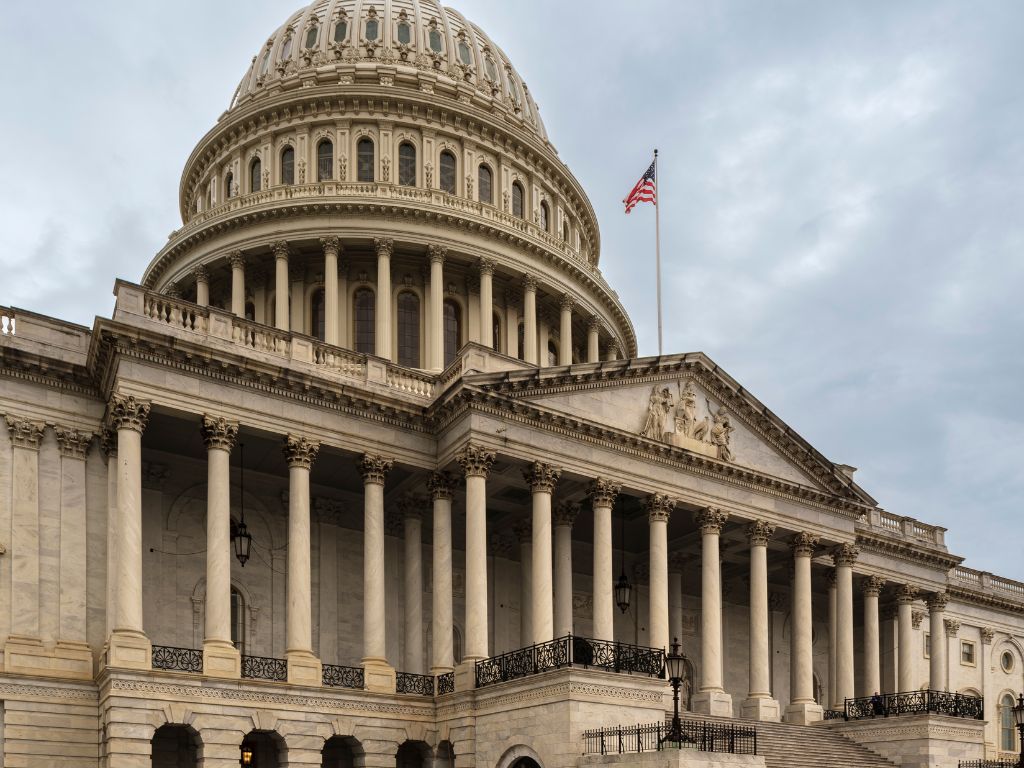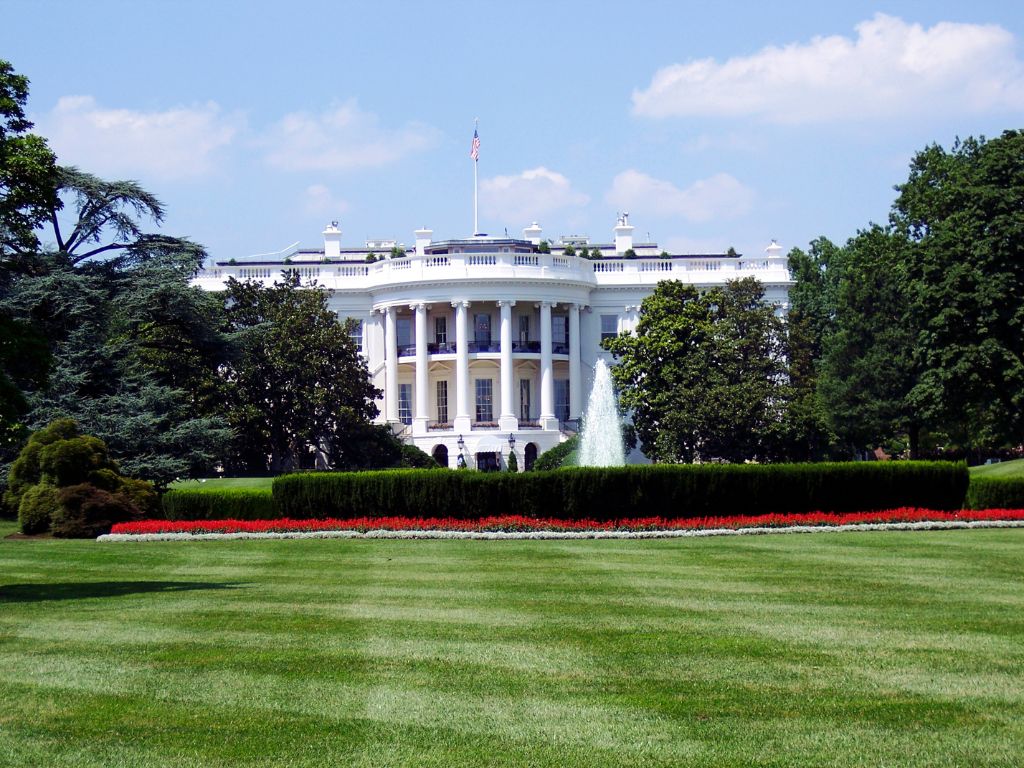Outside Continental U.S. (OCONUS) Travel Pricing

You are preparing to price a contract and you see requirements for labor, Other Direct Costs (ODCs), Direct Materials (DMs), and Subcontractors (Subks). All good, but in ODCs you see requirements for OCONUS travel. At first thought you assume that all you need are quotes for airfare, hotel and per diem, but OCONUS travel brings […]
Unlocking Opportunities: Federal Government Contracts for Small Businesses

Federal government contracts offer a wealth of opportunities for small businesses to grow and succeed. In this blog, we delve into the specifics of federal contracts designed to support small businesses, providing valuable insights for entrepreneurs seeking to tap into this lucrative market. 1. Understanding Set-Aside Programs Set-aside programs reserve a portion of federal contracts […]
Frequently Asked Questions About Government Cleaning Contracts

Government cleaning contracts involve a range of complexities, from the bidding process to contract compliance. In this FAQ-style blog, we address some of the most common questions about government cleaning contracts to provide clarity and guidance for both cleaning service providers and government agencies. 1. What Is a Government Cleaning Contract? A cleaning contract is […]
The Benefits of Winning a Government Cleaning Contract

Winning a government cleaning contract can be a game-changer for cleaning service providers, offering a multitude of benefits that extend beyond financial gains. In this blog, we’ll explore the significant advantages of securing a government cleaning contract and how it can positively impact your business. 1. Steady Revenue Streams Government cleaning contracts typically provide stable […]
Exploring Government Cleaning Contracts

Government cleaning contracts play a vital role in maintaining cleanliness and hygiene in various government facilities, from office buildings to public spaces. In this blog, we’ll delve into the intricacies of cleaning contracts, exploring what they are, how they function, and why they are essential for both government agencies and cleaning service providers. Understanding Government […]
Government Contract Advisors: FAQs Answered

Government contract advisors play a crucial role in helping businesses navigate the intricacies of government contracting. Yet, many are unsure about what these advisors do and how they can assist. In this FAQ blog, we’ll address some common questions about advisors to provide clarity and insight into their role and value. What Are Government Contract […]
The Advantages of Government Contract Advisors

Government contracting offers unparalleled opportunities for businesses, but navigating its complexities requires specialized expertise. This is where government contract advisors step in. In this blog, we’ll delve into the numerous benefits of engaging government contract advisors and how their strategic guidance can elevate your success in the realm of government contracting. Expert Guidance and Insight […]
Unlocking Success with Government Contract Advisors

Government contracting presents lucrative opportunities for businesses, but navigating the complex landscape requires expertise and strategic guidance. Enter government contract advisors – seasoned professionals who specialize in helping businesses navigate the intricacies of government contracts. In this blog, we’ll delve into the world of advisors, exploring their role, benefits, and how they can drive your […]
